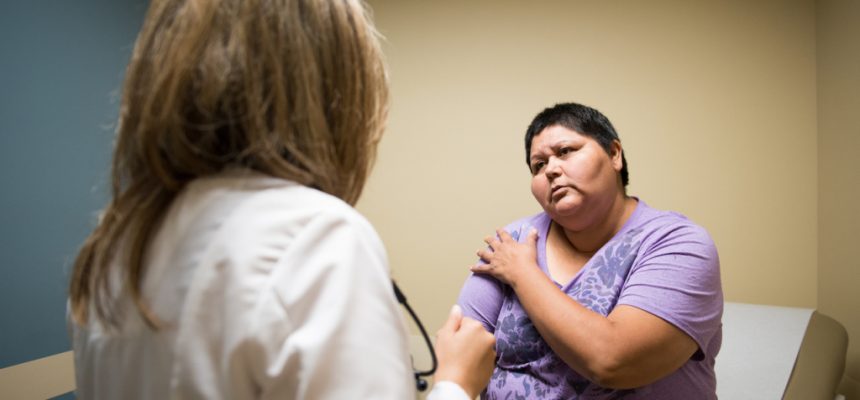Cancer Increasingly Placing Consumers in Financial Ruin
By Consumers for Quality Care, on June 26, 2024

For patients living with cancer, the physical toll is only part of the ordeal, as many are also burdened with the financial hardships – and their emotional repercussions – that come with this disease, according to The Wall Street Journal.
Gwendolyn Jackson had a good job and owned her home before she was diagnosed with cancer at the age of 53. Shortly after, costly cancer treatments put her in debt and left her physically exhausted to the point that she could no longer perform at her job. She ultimately lost her job, her house, and her car. “One morning, I woke up and I was a top case manager,” said Jackson. “Then I was losing everything.”
The problem is twofold. First, the costs of cancer treatments have skyrocketed over the years. Second, cancer is affecting working-age patients too young to retire or be eligible for public health insurance programs, like Medicare. Many of these consumers find themselves no longer able to work, losing their employer-sponsored health insurance, in addition to their income, right as they fall into medical debt because of the cost of their treatment.
Even those fortunate enough to keep their health insurance are faced with insurers’ increasingly shifting the costs of treatments onto consumers. One report found that privately-insured, working-age cancer patients paid 15 percent more out-of-pocket for care in 2016 when compared to 2009.
Medical debt can have devastating consequences, particularly for cancer patients. As a result, patients may skip or delay medical care for fear of going further into debt, or cut necessities like food, clothing, and housing. Medical debt can also wreak havoc on a patient’s credit score, making it harder to take out a loan or rent an apartment. “Cutting back on meds. Cutting back on doctor visits. Losing your home. Cutting back on food—these are not things that we want to believe happen to people with cancer in this country,” said Dr. Reshma Jagsi, a Radiation Oncologist at Emory University School of Medicine and the Winship Cancer Institute.
CQC urges lawmakers and insurers to find solutions to prevent cancer patients from going into financial ruin for their treatment.




